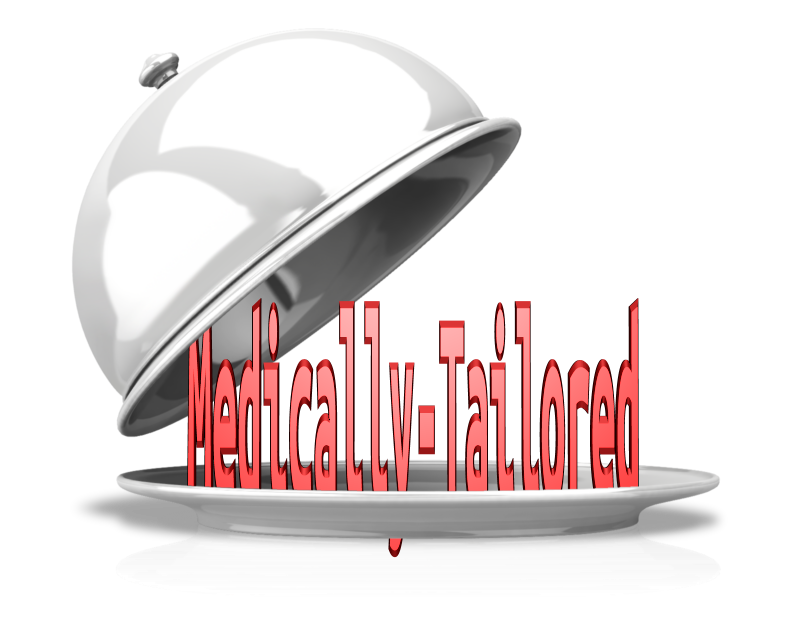28th October 2022, Dr Chee L Khoo

It’s great that we have so many glucose lower agent classes that helps get our patients’ glucose to target. But no matter how powerful these agents are, patients have to keep to some form of a diet. I always tell my patients “no matter what medications I put you on, I cannot compete with your diet”. Now, keeping to a right “balanced” diet is more challenging to most patients with type 2 diabetes. ‘Food is medicine’ programs aim to integrate nutrition interventions into the health care system to help improve the clinical population’s diets and complement pharmacologic treatment of diseases.1 ‘Medically Tailored Meals’(MTM) is one such approach, which involves the delivery of pre-prepared meals designed by health professionals and nutritionists to improve the health outcomes of patients.2
Initial evidence about MTM programs is promising.3-5 There is existing literature that provision of 10 medically tailored meals (MTM) per week results in important health benefits and reduced healthcare utilisation, including in people with undermanaged T2D. These include for MTM recipients – significantly improved diet quality, reduced food insecurity, reduced risk of hypoglycaemia, and fewer days where mental health interfered with quality of life5, improved ability to manage diabetes and stress reduction6, fewer inpatient admissions, fewer skilled nursing facility admissions, and less overall medical spending7
DOMTRU in conjunction with the George Institute for Global Health, Faculty of Medicine, University of New South Wales and a few other universities is honoured to be part of a randomised controlled trial of MTM in participants with T2D and ongoing hyperglycaemia who experience difficulties accessing and/or preparing nutritious food.
We are looking for only 6 practices to recruit 10 patients with T2D with persistently high blood glucose levels (defined as measured HbA1c ≥8% at their most recent clinical assessment AND at least one more clinically measured HbA1c ≥8% within the past 12 months), who experience difficulties buying and preparing food.
5 of the 10 patients will be randomised to MTMs while the other will continue with usual care. Patients on MTM will be prescribed 20 MTM per fortnight for 26 weeks, tailored specifically for people with T2D. As part of the intervention package, participants will be provided with dietary consultations to encourage uptake of the meals and support other food choices that will enhance the overall healthiness of their diets.
The primary outcome of interest in this trial is to understand the efficacy of the MTM intervention on change in mean glycated haemoglobin (HbA1c) in those with T2D. In addition, this trial will assess changes in blood pressure, body weight, blood lipid levels, diet quality, medication use and other biomarkers. The feasibility, and acceptability and scalability of the intervention will also be explored. These data will enable us to grow the evidence for MTM programs nationally and internationally, and build the case for sustained, large-scale implementation of the MTM program.
We anticipate that there will be many practices putting their hands up to be part of the trial. It will be a first come first serve basis. Please email me ASAP at practice@khoo.com.au and I will forward your name to our organisers.
Here is the full description of the trial and the process of recruitment.
